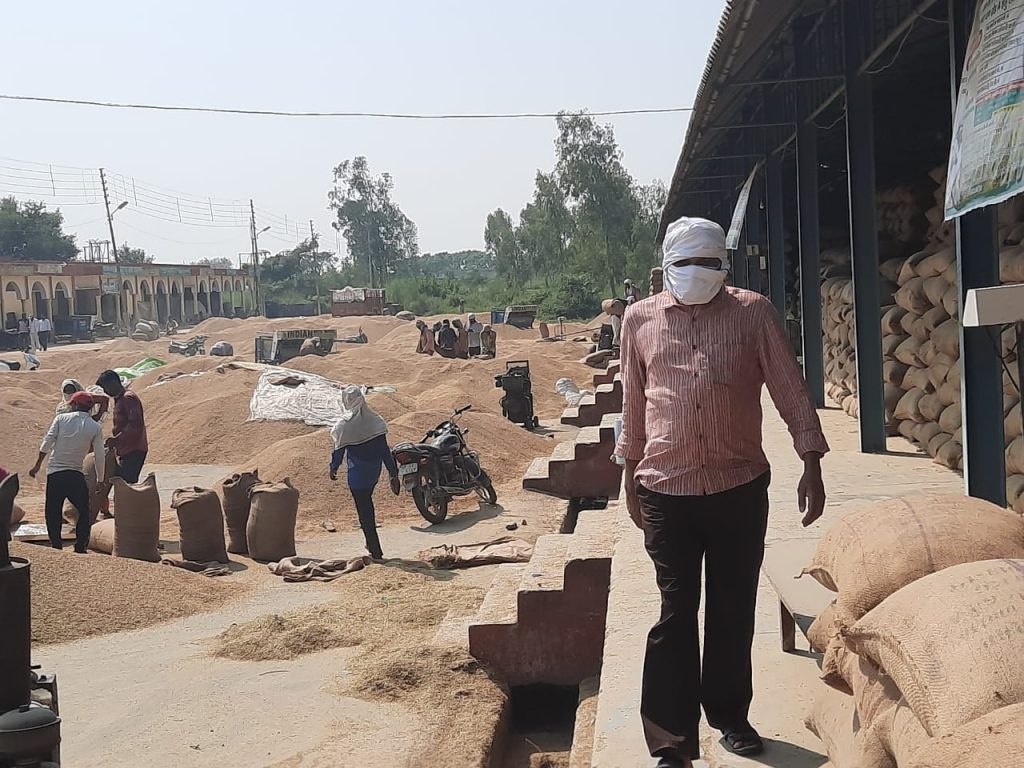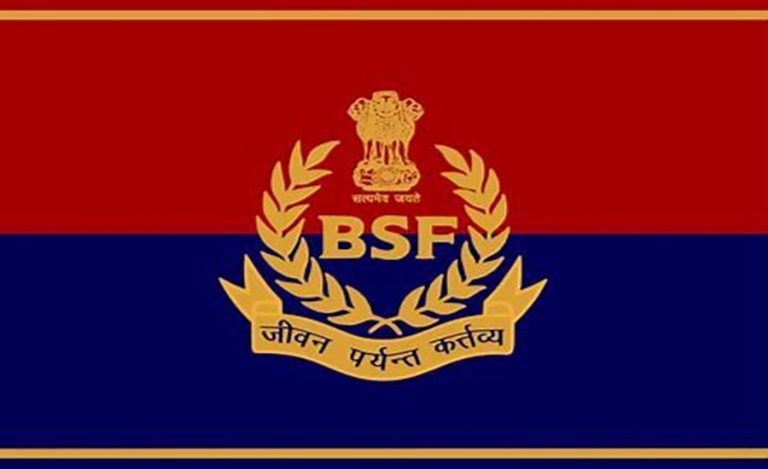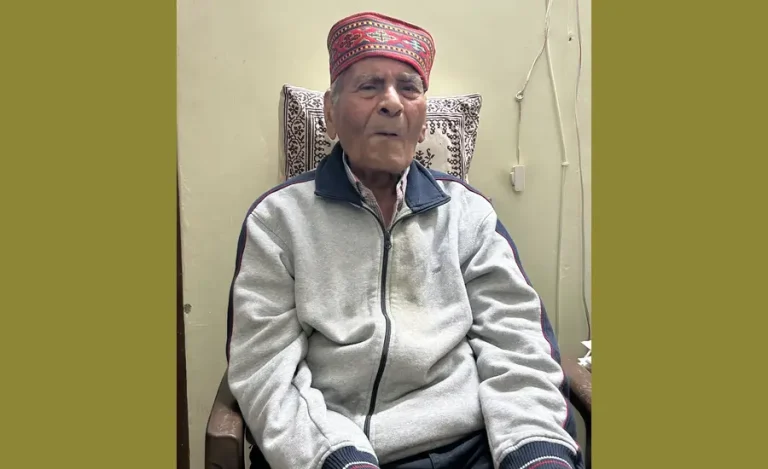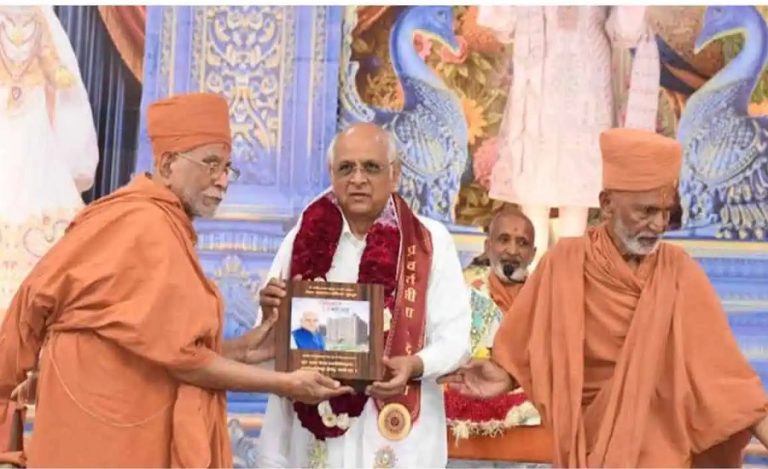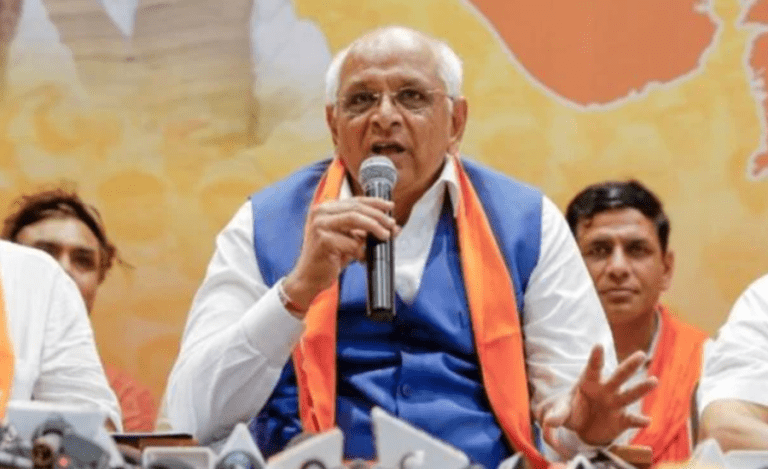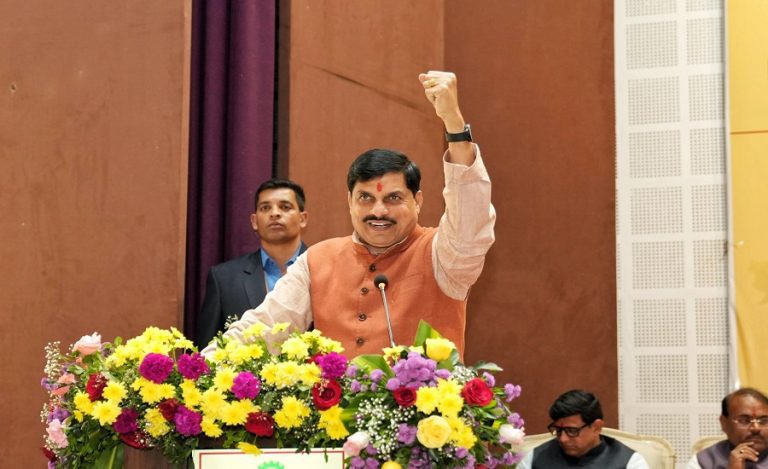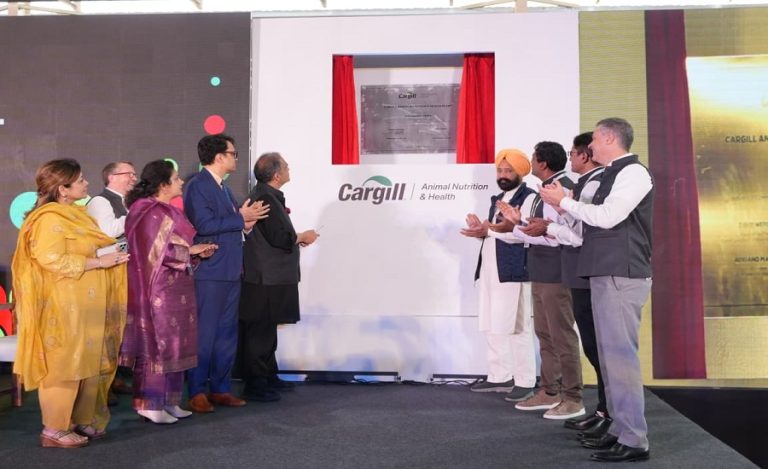Indian mythology is full of stories about kings and princes hitting the streets of their kingdom in disguise to see for themselves, the state of the people of their kingdom.
Taking a cue from such stories the former District Magistrate of Rampur, Mr. Aunjaneya Kumar Singh found out all the wrongs being committed in the purchase of paddy and set them right, while he was posted in the city in the year 2020.
Talking about the rapid decline in export of rice, last year Mr. Aunjaneya told Indian Masterminds said, “lockdown due to Corona affected the export. While 80% of crops had been harvested, ushering in paddy season a bit early.”

The problem:
The purchase made by the government is done on a fixed rate – Minimum Support Price. “The reason I had to go to the Mandi myself was that I found that the paddy was not being purchased at MSP. Instead of Rs. 2400 per quintal, farmers were forced to sell their produce to private traders at Rs 1100-1200 per quintal. Farmers were suffering.”
Camouflaging in the crowd:
The DM had received numerous complaints against the officials making the purchasing centers set up by the government to procure paddy. Whenever he sent an official, they came back with an ‘O.K. report’ but the farmers were still complaining continuously.
That’s when he decided that he had to visit the market himself and that too, in disguise so that nobody recognizes him and he can see what’s going on in the place. He covered his face, put on his slippers, took his assistants and some guards, and went to the nearest mandi, 45 minutes away, in a private vehicle.
He got down a few meters away from the mandi and walked to the place. He strolled around in the mandi for about 2 hours, disguised as a farmer.

The Exposé:
“I found that in two government-run paddy centers, there was hardly anyone making a purchase. The center-in charge started making excuses. But barely a few meters away, another center, was doing brisk business. There was a huge crowd providing paddy. I found that it was a private center. Disappointed at being returned from the govt-run center, farmers were forced to sell their crop at the private center at half rate,” he told Indian Masterminds.
Mr. Aunjaneya went around inspecting all the mandis one by one. Then he dialed the city SDM narrating everything that was going on. He asked the SDM and the other officials to do a thorough check. He was surprised to find out that the rice traders had rented out the place used for drying the paddy, making it inaccessible to the farmers.
“They bought the farmer’s moisture-filled paddy at a low rate, dried them on the land they had rented and sold it to the government centers at a higher rate, making a cool profit without much ado.”

The action:
The first thing that Mr. Aunjaneya did was to stop the transaction of paddy from the roads.
Another thing he did was to set up a fixed rate of Rs. 1868-1888. He forbade everyone to buy/sell the paddy at any other rate, thereby halting the process of the transaction.
“This benefitted the farmers as they now had the time to dry and clean their paddy which will automatically increase its rate. And this also benefitted the system as I sacked and filed an FIR against the person who was making the illegal transactions and this brought a sense of fear in everybody’s mind,” he told Indian Masterminds.

Fruit of the action:
The steps taken by the DM proved to be rewarding. By 11th October, the total purchase was only 53,000 quintal and 12th October onwards, the total purchase rose up to 2,16,000 quintal! “Within 4 days, the purchase rose up to such a huge amount. About 45,000 quintals have been purchased every day and I believe it will increase more in the coming days.”
Not his first time:
Mr. Aunjaneya has not done such an act for the first time. He has done it before, during the Covid lockdown and he says he will do it again because, like that, he gets actual feedback.
“We are the bridge between the government and the people. The government always thinks about the public’s welfare, bringing around new schemes with a hope that it might benefit them in the next elections,” he says.

Mr. Singh adds, “Technology is the best thing to have happened to check such malpractices. I even ask all the officers to make use of technology and social media as much as possible but never turn your back towards the traditional way of stepping into the crowd and interacting with the citizens on a one-to-one basis. Let the public be comfortable with you!”

